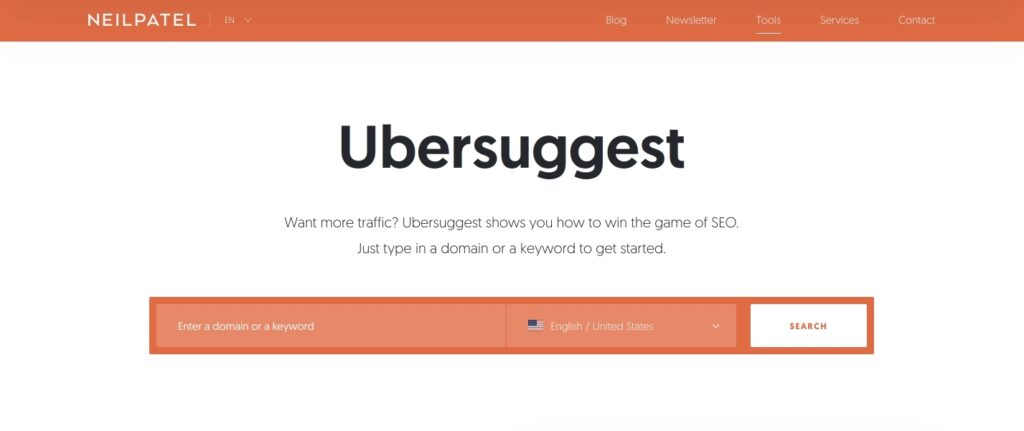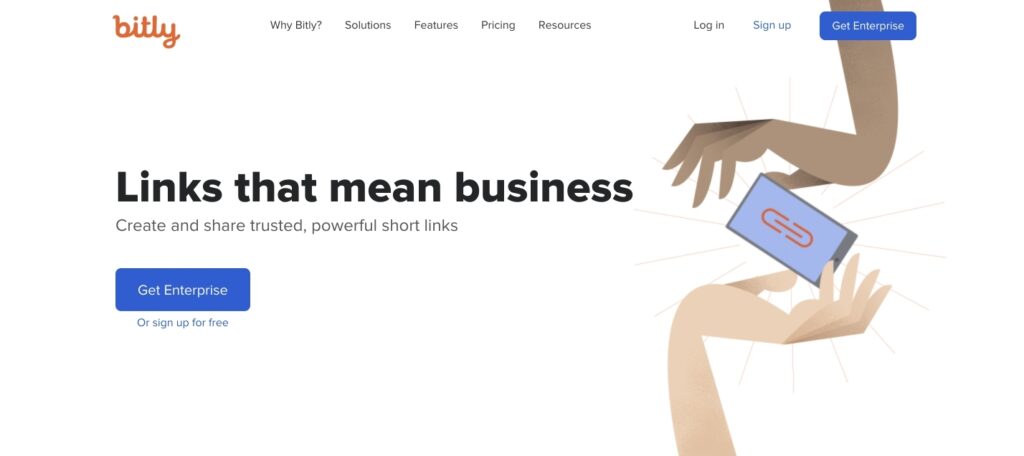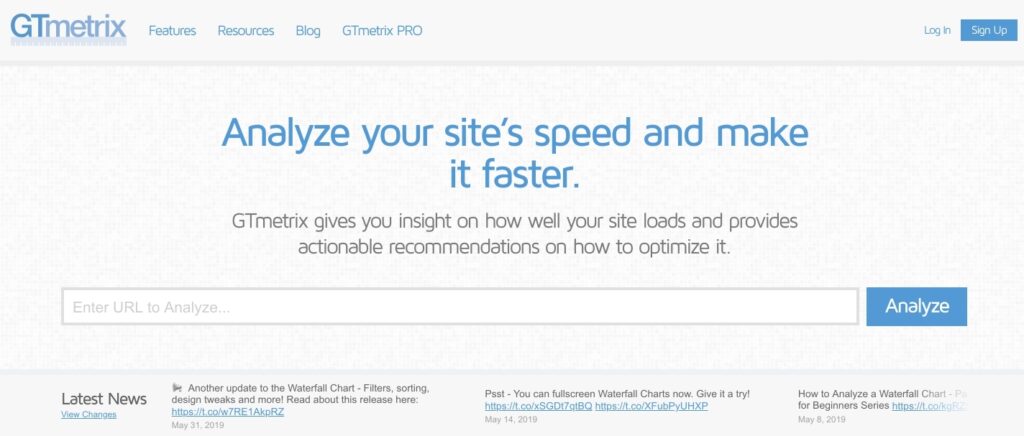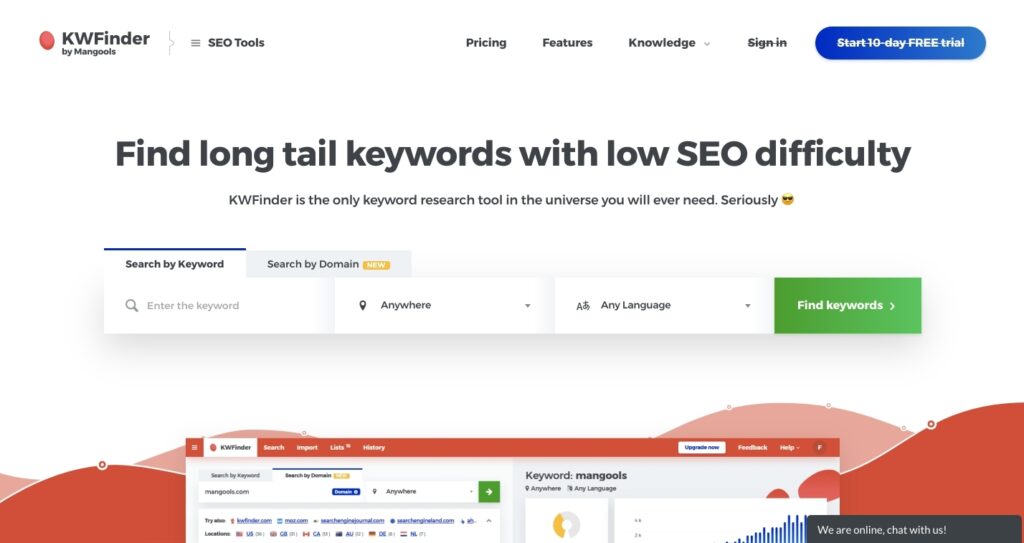Home — Borzo India — Borzo India Blog — SEO for eCommerce Websites – 2020 (updated)
How to SEO Own eCommerce Websites in 2019

Search engines are the major source of traffic to eCommerce sites online. It is, therefore, necessary that the right SEO strategy and practices be put in place to help you rank your eCommerce site higher on these search engine pages. The following is a guide that will help you tackle SEO for eCommerce sites.
Table of Contents:
The joy of eCommerce is that it eliminates business barriers brought about by either time or distance. With eCommerce, people can be able to buy goods and services at any time of the day or night at their convenience. The concept eCommerce is Increasingly becoming popular in India since most eCommerce businesses are easy to start and require little or at times no experience at all.
Top 5 SEO Tips You Should Implement For Your eCommerce Store

Write Useful and Quality Content

Content is king when it comes to matters SEO. You need to offer your site visitors useful and high-quality content. ECommerce sites are easy to curate content for, but this is not possible without a clear plan and objective in mind. The content that you share on your eCommerce site should be highly relevant to the keywords that your clients are searching on search engines. For content, focus on writing for humans rather than SEO algorithms. Nowadays, keyword stuffing in your content does not guarantee any boost in rankings and can actually be flagged as a black hat SEO technique and thus dent your rankings.
Focus on Keyword Placement and Density
As I have highlighted in point one above keywords stuffing is bad for eCommerce SEO and is more likely to hurt your efforts. It is therefore important to ensure that whenever you come up with content, the main keywords should not exceed the 2% density of the entire content. Additionally, aim to rank for long tail keywords that are less competitive and more specific. It is these long tail keywords that your customers are searching in their search engines. eCommerce SEO strategy needs to focus a lot on keyword research, which is necessary for ranking highly.
Use Proper Meta Tags
Meta tags, the snippet of text that your customers see when your website appears on their search results is very critical to your eCommerce SEO. Meta tags more often than not help the customer make the decision as to whether they should click on your website and view what you have to offer or not. Meta tags are efficient when they contain a clear call to action that the customers need to make a purchase. It is advisable that the Meta tags do not fall below 100 characters and do not go past 160 characters. In case you have a special offer on a particular keyword that the customer is searching, this should be included in the Meta tag as well.
Get Backlinks for Trusted Websites
Backlinks from trusted websites help to improve the authority of your website and make it more noticeable by SEO algorithms. It is important to establish symbiotic relationships with authority websites in your niche to help you get these backlinks. Buying of backlinks is highly discouraged as SEO algorithms are able to detect whether these links are from trusted websites or clickbait websites. Clickbait websites will lead to negative results in your rankings. For genuine backlinks, avoid these online eCommerce SEO service agencies that promise your one million backlinks to your site. Rather, focus on creating a good reputation that will allow you to get backlinks from trusted websites.
Try to Make Website Navigation Easy
Website navigation is another pillar of eCommerce SEO that needs to focus on if search rankings are to be improved. Making your website easy to navigate, especially on mobile devices, is key. Many people are conducting searches from mobile devices, and therefore, your website needs to be responsive and allow easy navigation. Avoid using too many pictures on your landing pages and have a clear menu tab to aid in navigation. ‘Go back to top’ buttons are also helpful in making website navigation much easier.
Top 5 Free SEO Tools For Your eCommerce Website

When you decide that you will handle your own SEO work rather than hire eCommerce SEO service agencies, there are several free tools that can assist you in this. The following is a list of the top five free SEO tools you can employ on your eCommerce site.
Google Keyword Planner

This refers to a free to use component of the Google AdWords account. When you click on this option after you login into your Google AdWords account, it will reveal to you a list of keywords that you have selected to keep tables on. Additionally, you can add more keywords and analyze the metrics that the keyword planner has organized with regards to the particular keywords. Keywords are an important aspect of eCommerce SEO and which need to be researched thoroughly. Ensure that you go for the less competitive long tail keywords in your niche.

Keyword Tool is a free to use SEO keyword research tool that can help your boost your eCommerce SEO efforts. This tool uses the Google Autocomplete feature to help you generate up to 700 long tail keywords with each search. This gives you valuable insights on less competitive long tail keywords that you can curate content around. Rather than go for the highly competitive but general one-word keywords, with Keyword Tool, you can reach your target customers better with specific content that meets their needs. This tool guarantees up to 99.9% effectiveness when used, and you can use it without logging in or creating an account on the platform.

This is among the most effective and free to use SEO tools that you can find online. The tools helps you refine your eCommerce SEO strategy by giving you some valuable insights on competition in your field. This tool analyzes your competitors’ domains and makes suggestions on what you can do to beat them. It will show you which keywords your competitors are ranking for and which ones you should focus on. Additionally, the tool also gives you content suggestions so that you can write what people want to read.

This is a trusted URL shortener that allows you to link your content to other authority websites in return for backlinks. With this tool, you do not have to copy paste an entire URL into your content. Instead, this can be shortened to fit perfectly in an article. Bitly is free to use, and you can take advantage of this to grow your eCommerce site by linking to other authority websites in your niche.
GTmetrix

GTmetrix is an effective speed analyzer. This tool helps you analyze your webpages and gives you a report on how fast they load. The tool, based on the report that it generates on the speed of your website and its webpages, suggests recommendations that can help boost your site’s performance. With this tool also, you will get various page load details such as the number of requests that have been made by visitors. Moreover, you also have access to a wide galore of analysis tools that can help you generate other insights that you can tackle to improve your SEO performance.
Ahrefs

This is tool uses its own bots to generate metrics that can help you make better SEO decisions for your website. Particularly, the site focuses on a few things that help you boost your website rankings. Its site explorer helps you have an overview of what a particular domain is doing for its SEO. You can check which keywords they are ranking for and where their backlinks are coming from. The SERPs Analysis helps to rank the performance of your website and its keywords across several search engines such as Yahoo, Google, and Bing. Additionally, the tool generates reports that can be used to refine your SEO strategy.
SEMrush

This is one of the most reliable SEO tools available online. This service is more than just a keyword tool as it gives you access to 30+ tools to help you improve your website’s rankings. With SEMrush, you will get insights as to how you can create better and more engaging content to attract the most valuable traffic to your website. Additionally, this tool has many analytics tools to help you gain meaningful insights from all your SEO efforts.

This SEO tool is known to be the most effective among all other tools in helping you do local search optimization. With KWFinder, you can import keywords in bulk and get a suggestion on keywords that are searched most in your area. This tool is also useful in giving you valuable analytics on your SEO efforts.
MOZ

MOZ is among the market leaders when it comes to the world of digital marketing. If you are looking for a reliable keyword tool that you can incorporate in your eCommerce SEO strategy, then this is the tool for you. With MOZ, you get more than just a keyword tool. This is also a reliable SEO analytics software.

To wrap up our list is SpyFu, this market veteran helps you know which keywords your competitors are buying via Google AdWords and thus you can rank for these ones as well. Additionally, with this tool, you get keyword research of your own website. This comes in handy in our eCommerce SEO efforts. You are able to create content around the best ranking keywords.
Done appropriately, eCommerce SEO can help you drive more traffic to your website. Ranking on search engines is an important aspect of online marketing that needs to be incorporated into every eCommerce SEO strategy.
Top eCommerce SEO Trends 2019
Optimize for voice search
Voice searches have become more and common tools by which people search for things online. For eCommerce, this is rapidly increasing and changing the SEO strategies of many eCommerce sites as well. You too need to optimize for voice search to stay ahead of the game. Integrating AI on your eCommerce site has been known to help in optimizing better for voice search.
Great User Experience (UX)
User experience is the feel of your website and the general remark that your customer has after visiting your site. To improve the user experience, the first step is to make the navigation easy. You can refer to my tips above for this. Hiring a UX developer also plays a significant role in helping you rank better on search result pages. Availing important information is also key to enhancing the user experience on your eCommerce site. Finally, a clear call to action should be positioned prominently on each of your webpages to guide the user and improve his or her experience.
Analytics of SEO Campaign
You can’t know where you are going if you do not know where you are coming from or where you are currently. Analytics play a very crucial role in giving you useful insights that can be implemented to improve your SEO rankings. ECommerce SEO is not complete without analytics. You can use any of the available free tools such as Google Analytics to help you take action on data that is being collected around your eCommerce SEO strategy.
Safety and security of your eCommerce site
With GDPR in place and SEO algorithms become more sophisticated in nature, it is important that you take a proactive step in securing your visitors’ data. This requires that you get consent from your visitors before collecting any sensitive data that may be used to compromise their privacy. Additionally, know who are your third parties and how do they use any of the data that you avail to them. Also, it is important that you enable firewalls that secure your site against any cyber-attacks.
Optimize for Local Search
You may be surprised to learn that people who buy your products are within your vicinity. It is always important to ask yourself, ‘Who are my customers?’ more often than not, you may find that they are within three miles of where you are. It is important that as part of your SEO strategy, you optimize for local search and rank for high volume keywords in your region. This helps you get access to a local market that may be in need of what you are selling. If you operate a brick and mortar store alongside your eCommerce website, local SEO cannot be ignored.
Borzo Team
For Business with ❤️

